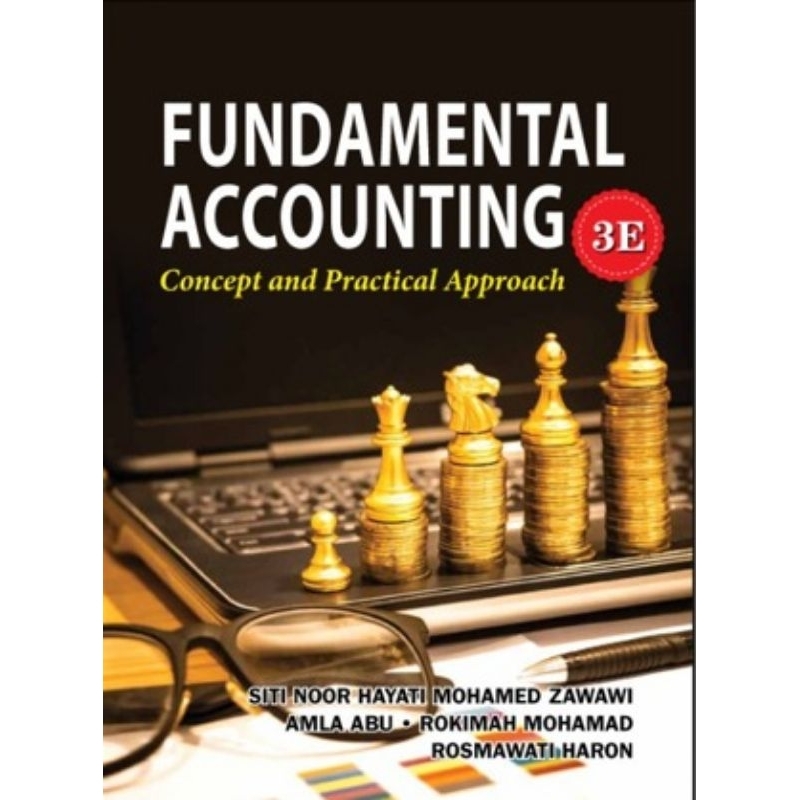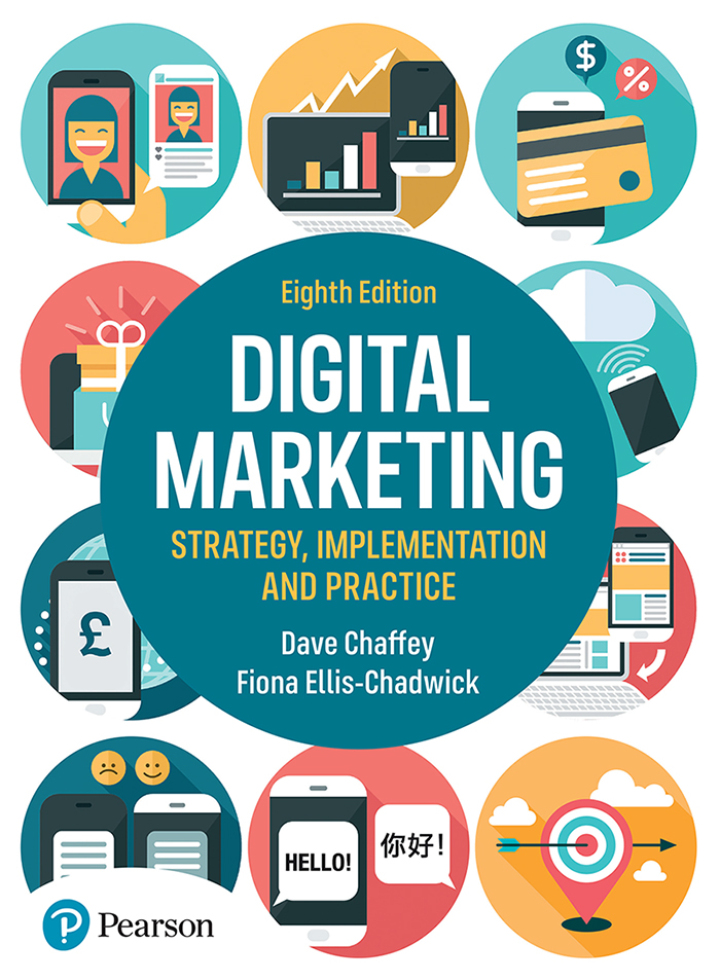
(Connect Access Code Only) Fundamentals of Corporate Finance 13th Edition (12 Months Digital Access) – Ross
Categories: Business & Investment, e-Book/ Digital Access
RM65.00
Out of stock
Product Info
- Author: Ross, Westerfield, Jordan
- Publisher: McGraw-Hill
- Language: English
- Type: Import
- Edition: 13th Edition
- Cover: Digital Access
- Year: 2021
- Author: Ross, Westerfield, Jordan
- Publisher: McGraw-Hill
- Language: English
- Type: Import
- Edition: 13th Edition
- Cover: Digital Access
- Year: 2021
Delivery & Shipping Cost
Delivery using J&T. The cost depends on the rate as provided by J&T.
Not refundable due to human error (like scratching); else for the books that printing error, missing pages or incorrect books. Please email us at sales@abookstore.my








